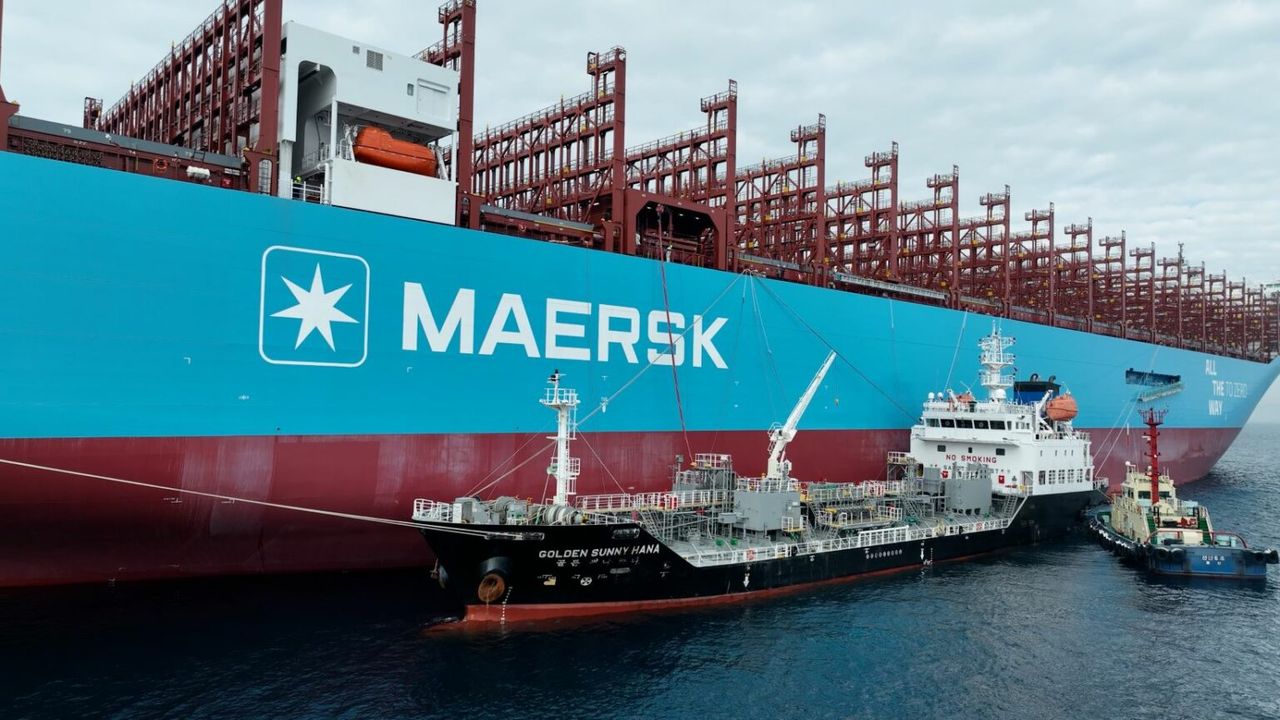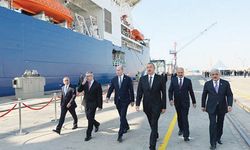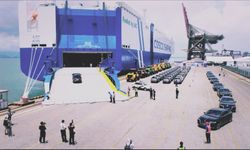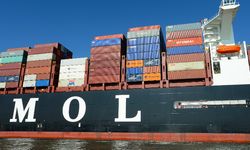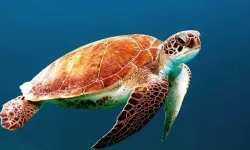The bunkering operation involved the transfer of green methanol to the 16,000 TEU Ane Maersk, Maersk's pioneering methanol-powered containership, by the bunkership Golden Sunny Hana, owned by South Korean shipping company Hana Marine.
The Ministry of Oceans and Fisheries, along with Ulsan Port Authority, announced the successful completion of the bunkering operation, aligning with Korea's efforts to promote sustainable marine fueling in its ports.
The ministry has established institutional foundations, including guidelines for the approval of self-safety management plans for methanol supply, based on the experience gained from two methanol supply demonstrations with Ulsan Port Authority in July and November of the previous year.
Kang Do-Hyung, the Minister of Oceans and Fisheries, emphasized the accelerating global competition among ports to lead in sustainable marine fuel supply. He stated, "Under the goal of achieving net-zero by 2050 in the global shipping sector, we will make all-out efforts to strengthen competitiveness so that Korea can lead the global trend of switching to sustainable fuels."
Ulsan Port has achieved another milestone by successfully conducting green methanol STS bunkering for a very large container ship, following the world's first green methanol PTS bunkering for container ships in July of the previous year. Kim Jae-gyun, the president of Ulsan Port Authority, expressed their commitment to proactively responding to the paradigm shift in ship fuel, aiming for Ulsan Port to become a hub for sustainable marine fuel supply.
Ane Maersk, the first of Maersk's 18 large methanol-enabled vessels, was recently named at HD Hyundai Heavy Industries in Ulsan. The vessel marks a significant step towards sustainable shipping and is part of Maersk's initiative to deliver 18 such vessels between 2024 and 2025, making it the world's second methanol-enabled container vessel.
